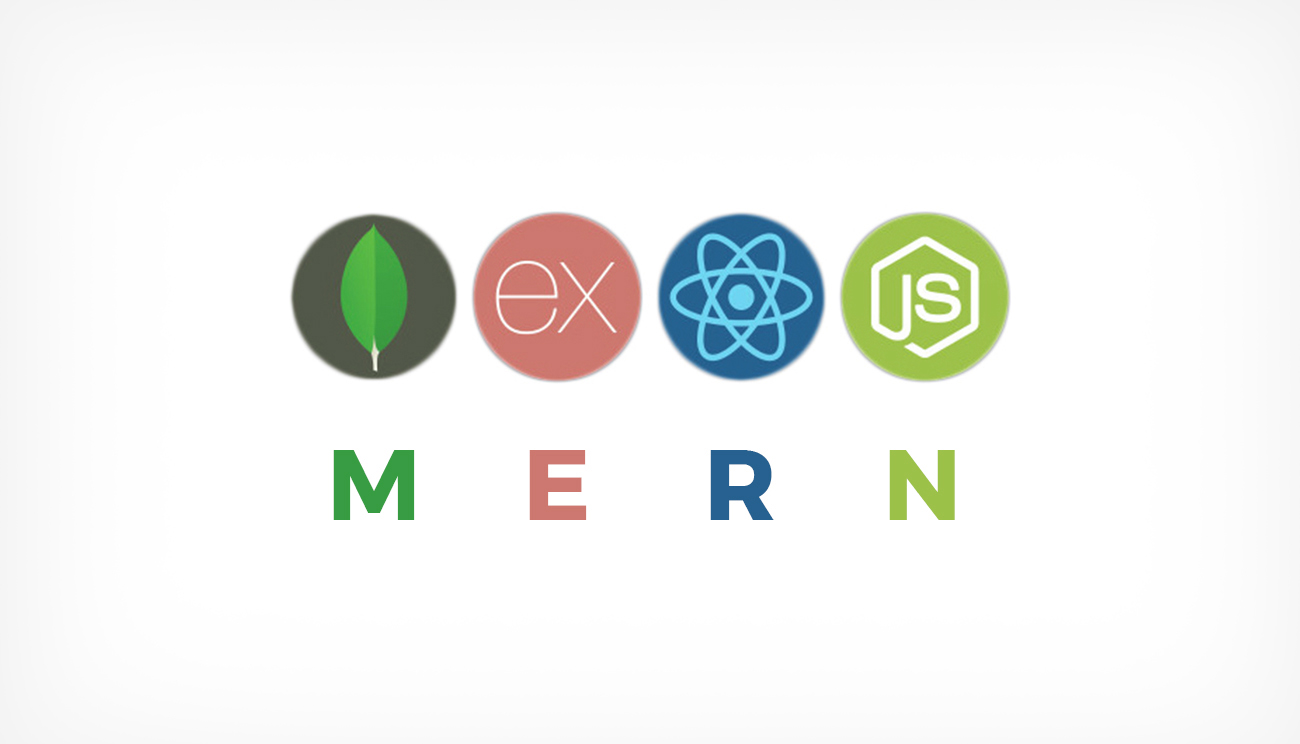The MERN stack is becoming increasingly popular and is a powerful stack to work in. If you’re able to build and deploy good MERN applications, it will greatly help your career prospects as a developer.
What is the MERN Stack?
A stack is the combination of technologies used to create a web application. Any web application will be made using multiple technologies (frameworks, libraries, databases etc).
The MERN stack is a JavaScript stack that’s designed to make the development process smoother. MERN includes four open-source components: MongoDB, Express, React, and Node.js. These components provide an end-to-end framework for developers to work in.
A Closer Look at MERN Stack Components
-
MongoDB: A cross-platform document database
MongoDB is a NoSQL (non-relational) document-oriented database.
While conventional relational databases have a typical schema design based on columns and tables, MongoDB is schema-less. Data is stored in flexible documents with a JSON (JavaScript Object Notation)-based query language. The content, size, and number of fields in the documents can differ from one to the next. This means that the data structure to be changed over time.
MongoDB is known for being flexible and easy to scale. You can see multiple examples of real-life MongoDB applications here.
-
Express: A back-end web application framework
Express is a web application framework for Node.js, another MERN component. Instead of writing full web server code by hand on Node.js directly, developers use Express to simplify the task of writing server code. There’s no need to repeat the same code over and over, as you would with the Node.js HTTP module.
The Express framework is designed for building robust web applications and APIs. It’s known for its fast speed and minimalist structure, with many features available as plugins.
-
React: A JavaScript library for building user interfaces
React was originally created by a software engineer at Facebook, and was later open-sourced. It is maintained by Facebook, as well as a community of development companies and individual developers.
The React library can be used for creating views rendered in HTML. React views are declarative. This means that developers don’t have to worry about managing the effects of changes in the view’s state (the object that determines how components behave) or changes in the data.
Instead of relying on templates to automate the creation of repetitive HTML or DOM (Document Object Model) elements, React uses a full-featured programming language (JavaScript) to construct repetitive or conditional DOM elements.
With React, the same code can run on both the server and the browser.
React anchors the MERN stack. In a way, it’s the defining feature of the stack. It’s the one component that differentiates MERN from MEAN, another popular JavaScript stack that uses AngularJS (a front-end web application framework) instead of the React library.
-
Node.js: A cross-platform JavaScript runtime environment
Node.js was initially built for Google Chrome, and later open-sourced by Google in 2008. It is built on Chrome’s V8 JavaScript engine. It’s designed to build scalable network applications, and can execute JavaScript code outside of a browser.
Node.js works without an enclosing HTML page, instead using its own module system based on CommonJS, to put together multiple JavaScript files.
The Benefits of the MERN Stack
The main advantage for developers using the MERN stack is that every line of code is written in JavaScript. This is a programming language that’s used everywhere, both for client-side code and server-side code. With one language across tiers, there’s no need for context switching.
For tech stack with multiple programming languages, developers have to figure out how to interface them together. With the JavaScript stack, developers only need to be proficient in JavaScript and JSON.
Overall, using the MERN stack enables developers to build highly efficient web applications.
Learn MERN Stack Development Online Today
This comprehensive full stack web development course will soon have you building your own dynamic web applications. The online bootcamp covers all the MERN stack components – JavaScript, MongoDB, Express, React and Node.js. You’ll also learn other in-demand languages like HTML, CSS, Python and Django.
This part-time online learning curriculum is the ideal way to get to grips with the MERN stack and future-fit your web development career.


